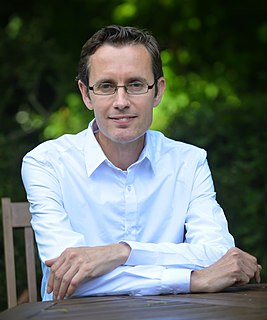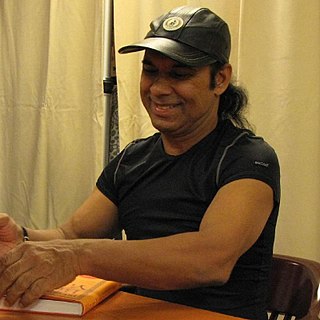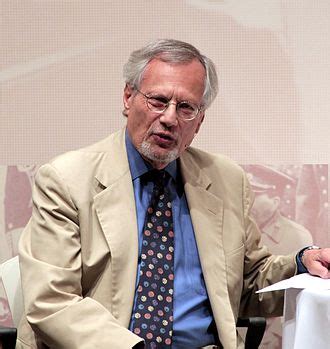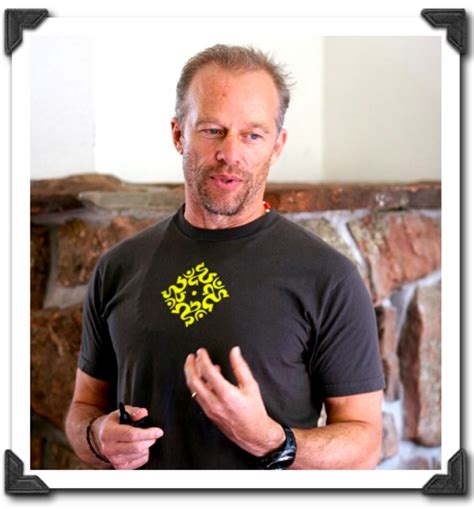A Quote by Robert S Ellwood
In [Yogananda's] celebrated Autobiography of a Yogi, he offers a stunning account of the 'cosmic consciousness' reached on the upper levels of yogic practice, and numerous interesting perspectives on human nature from the yogic and Vedantic points of view.
Related Quotes
Looking at the world from other species' points of view is a cure for the disease of human self-importance. You suddenly realize that consciousness - which we value and we consider the crowning achievement of nature, human consciousness - is really just another set of tools for getting along in the world.
Somewhere in my early twenties I realized I was pretty constantly monitoring myself, judging how I was always falling short, whether it was about not being a good enough daughter or friend, or my appearance, or whatever. I ended up becoming involved with a spiritual path in the yogic tradition, living in an ashram, doing a very rigorous spiritual practice.
To think that practice and realization are not one is a heretical view. In the Buddha Dharma, practice and realization are identical. Because one's present practice is practice in realization, one's initial negotiating of the Way in itself is the whole of original realization. Thus, even while directed to practice, one is told not to anticipate a realization apart from practice, because practice points directly to original realization.

































